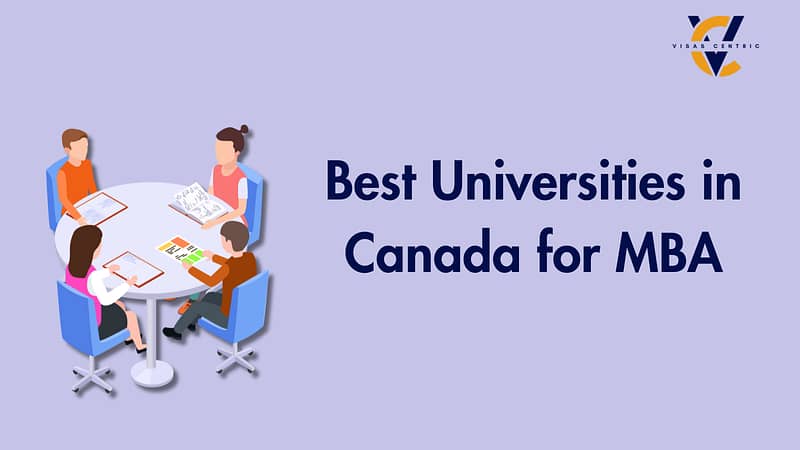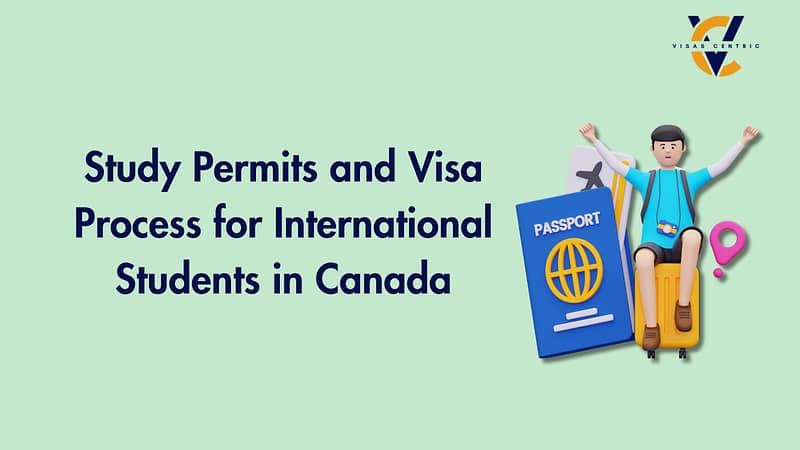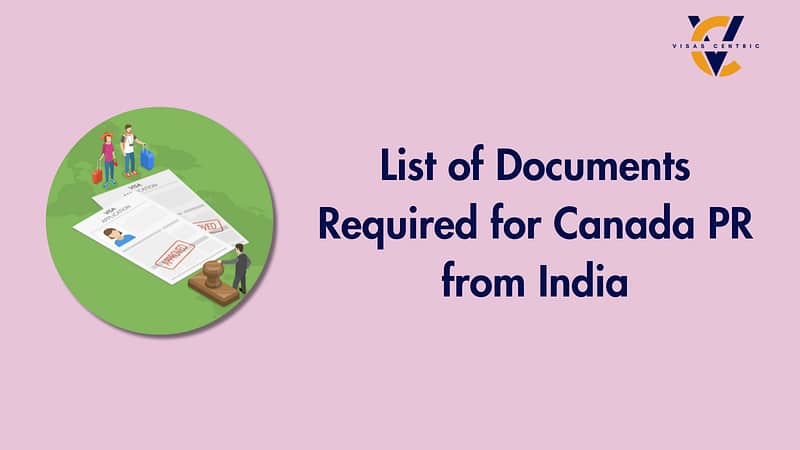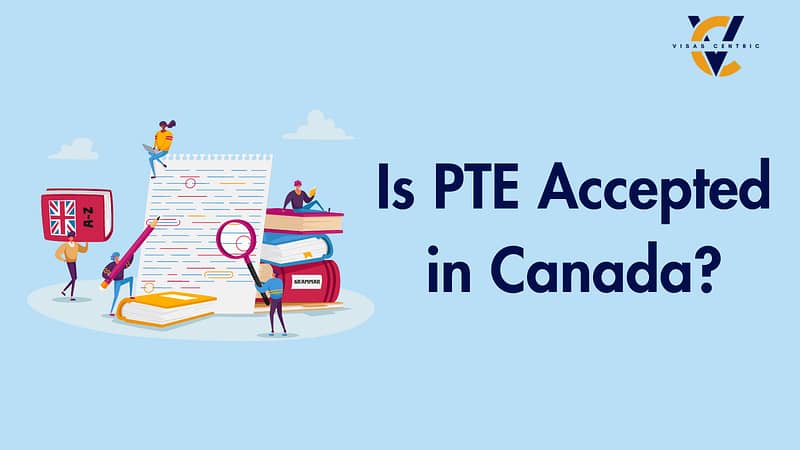Common myths about Permanent Residency debunked

- January 31, 2023
- 9 Minutes Read
Permanent residency is a highly sought-after status that grants individuals the right to live and work in a foreign country indefinitely. It is a step towards a better life abroad, offering new opportunities and experiences. However, several misconceptions surrounding permanent residency discourage individuals from pursuing this status. This article aims to dispel these common myths and clarify what permanent residency truly entails.
It is crucial to have accurate information when considering permanent residency, as the process can be complex and time-consuming. Many myths can lead individuals astray, from confusion about the difference between permanent residency and citizenship to misconceptions about job security and travel restrictions. By debunking these myths, we hope to provide a clearer and more accurate picture of permanent residency’s benefits. Whether you are a skilled worker, an investor, or simply looking for a better life abroad, understanding the truth about Permanent residency can help you make an informed choice regarding your future.
Myth #1: Permanent Residency means automatic citizenship
This widespread notion may mislead those looking for a better life abroad. Citizenship and permanent residency are two different statuses with special rights and advantages. Permanent residence does not instantly make someone a citizen; instead, it gives them the right to live and work abroad for the rest of their lives.
On the other hand, citizenship imparts all of the perks and rights that come with being a citizen of one’s country of birth, including the right to vote, eligibility for government benefits, and the capacity to hold public office. People must fulfil specific criteria established by the country they are living in to become citizens, including taking an exam, proving their moral character, and fulfilling residence requirements.
Although obtaining permanent residency is necessary on the road to citizenship, it is critical to realise that it is not a given. The first step towards a better life abroad, however, might be gaining a permanent residency, which offers people the stability and security they need to make plans for the future. Individuals may make more intelligent choices about their long-term objectives and better understand the advantages of each status by being aware of the differences between citizenship and permanent residency.
Permanent residency is a valuable status that provides individuals with the right to live and work in a foreign country indefinitely. However, for many individuals, the ultimate goal is to obtain citizenship and enjoy the full rights and privileges of being a native-born citizen.
The path to citizenship after obtaining a permanent Residency varies from country to country, and individuals must meet specific requirements set by the government. These requirements may include passing a test, demonstrating good moral character, meeting certain residency requirements, and renouncing previous citizenship.
In some countries, permanent residents may be eligible to apply for citizenship after a certain time, usually several years. This period may vary based on the individual’s circumstances, such as age, employment status, and other factors. During this time, individuals can work, study, and travel while they build their life in their new home country.
It’s crucial to remember that citizenship is not guaranteed after obtaining a permanent Residency. However, having a clear understanding of the path to citizenship and the requirements that must be met can help individuals plan for their future and work towards their long-term goals. By obtaining a permanent Residency and following the steps toward citizenship, individuals can enjoy a better life abroad with the security and stability they need to thrive.
Myth #2: Permanent residency grants limited travel
Another common misconception about permanent residency is that it restricts an individual’s travel, making it difficult or impossible to visit their home country or other countries. This fact is not true. As permanent residents, individuals are free to travel as they please, subject to the entry requirements of the countries they wish to visit. This means they can visit their home country and other countries or even travel abroad for extended periods without losing their permanent residency status.
However, it is also critical to note that some countries may restrict the length of time a permanent resident can spend abroad to ensure that the individual maintains a meaningful connection to their country. This can vary from country to country, so it is essential to understand the specific requirements and restrictions before planning any extended trips abroad.
One of the numerous advantages of permanent residence is the flexibility to travel, which enables people to keep close ties to their home country and other nations while enjoying the stability and security of their new home. Permanent residence gives people the freedom and mobility they need to start better lives overseas by granting them the ability to live and work in their preferred nation eternally. The advantages of having a second home nation are more evident than ever in today’s linked world. Having a second home nation may give people the freedom and flexibility to travel and see the world, whether for work or pleasure.
Travelling easily and without restrictions is one of the main advantages of having a second home nation. A permanent residency visa gives people the freedom to live and work in their country of choice eternally, enabling them to go abroad or back home without the requirement for a visa or other travel authorizations. They can now take long trips abroad without risking losing their status as permanent residents.
Another benefit of having a second home country is access to a broader range of opportunities. Permanent residency opens doors to a wider range of career, education, and investment opportunities, granting individuals the stability and security they require to build a better life abroad. With a second home country, individuals can expand their horizons and experience new cultures, foods, and ways of life.
Additionally, having a secondary country of residency offers peace of mind to the individuals through the provision of a backup plan in case of unexpected events or circumstances. Whether it’s a natural disaster, political instability, or other issues, having a second home country can provide individuals with a safe haven where they can go to weather the storm.
In conclusion, the benefits of having a second home country are many, providing individuals with the freedom and flexibility to travel and explore the world, access to a broader range of opportunities, and peace of mind in uncertain times. By obtaining a permanent Residency and building a second home, individuals can enjoy a better life abroad with the stability and security they need to thrive.
Myth #3: Permanent Residency is not secure for employment
One of the most persistent misconceptions about permanent residency is that it provides limited employment opportunities, making it difficult or impossible to find stable and secure work. This fact is also not true. As permanent residents, individuals have the right to live and work in their chosen country indefinitely, providing them with the stability and security they need to build a better life abroad. Permanent residency can be a valuable asset when finding employment, as it demonstrates an individual’s commitment to their new home country and long-term goals.
Many employers are more likely to hire permanent residents over temporary workers, as they provide greater stability and continuity to the workplace. Furthermore, permanent residents have the same rights as citizens regarding finding employment and negotiating fair and competitive wages and benefits.
It is important to note that obtaining a permanent Residency does not guarantee employment, as the job market and availability of employment opportunities can vary from country to country. However, the permanent residency provides individuals with the security and stability they need to succeed, making it easier to find employment and build a better life abroad.
It is untrue that having a permanent residency makes one less employable. Permanent residence grants people the freedom to live and work in their destination country for as long as they like, giving them the security and stability they need to start better lives overseas. A permanent residency may be a useful advantage to locating safe and steady employment with the correct assistance.
The possibility of professional growth and promotion is one of the Permanent Residency’s biggest advantages. Permanent residency grants people the freedom to live and work in their destination nation for as long as they choose, giving them the security and stability they need to start better lives abroad.
A Permanent Residency demonstrates a person’s dedication to their new nation and long-term objectives while opening doors to a larger range of job prospects. Permanent residents offer a workplace with more security and continuity; thus, many firms choose to recruit them over temporary workers.
Permanent residency can provide people access to professional career growth in addition to enhanced employment stability. With permanent residence, people are granted the same privileges as citizens when applying for higher-level jobs, negotiating fair and competitive pay and benefits, and pursuing chances for further education and training.
Additionally, having permanent residency gives people access to various resources and support networks, such as government initiatives, specialised associations, and social networks. Individuals may benefit from this to improve their professions and achieve their professional objectives, increasing their success and contentment.
Numerous prospects for professional development and improvement are offered by permanent residency. A Permanent Residency can help one improve their quality of life and advance their career provided they have access to the right resources and assistance. A Permanent Residency is a wise investment in your future, whether you want more job stability, chances for development and progress, or access to a more extensive range of services and support networks.
Myth #4: Permanent Residency requires extensive taxation
One of the most widespread myths regarding permanent residence is that it comes with a heavy tax burden that makes managing one’s money challenging or impossible. This is untrue as well. As in every other nation, permanent residency carries specific tax requirements. However, depending on the country, the person’s financial condition, and many other circumstances, the tax consequences of permanent residency might differ significantly.
Permanent residents can qualify for various tax perks and exemptions to assist lower living expenses in their new home nation. These benefits might include tax credits for taxes paid to their home nation and deductions for housing, educational expenditures, and other living expenses.
It’s important to remember that each country has its own tax rules and laws, and it’s always a good idea to talk to a tax expert to find out the exact tax consequences of permanent residency.
It is a myth that residents of permanent resident status must pay vast and hefty taxes. People must pay taxes the same way citizens do since they are permanent residents. Nevertheless, many countries provide tax breaks and incentives to make living expenses more affordable. Despite the taxes that must be paid, a Permanent Residency can be a worthwhile investment in a better future with the right resources and assistance.
Myth #5: Permanent Residency is easily revocable
Another widespread misconception regarding permanent residency is that it may be quickly revoked, leaving people open to unforeseen changes in immigration law or other uncontrollable circumstances. A Permanent Residency visa is, in fact, subject to several requirements and limitations, but it is often not something that can be easily revoked.
People frequently need to fulfil specific residence criteria, such as living in their chosen country for a predetermined time each year, fulfilling particular financial commitments, and abstaining from criminal conduct to keep permanent resident status. However, as long as people follow these guidelines, their right to permanent residence shouldn’t be in jeopardy.
People should thoroughly examine the prerequisites in their selected country before applying for permanent residency because the qualifications for residency might differ from nation to nation. However, with the right resources and assistance, individuals can ensure they abide by all immigration laws, preserving their ability to remain and earn a living in the nation of their choice.
The myth that permanent residency is easily revocable is simply not true. While permanent residency is subject to certain conditions and restrictions, it is not easily revocable as long as individuals are in compliance with the residency requirements of their chosen country. With the right resources and support, individuals can ensure the security and stability of their permanent residency, providing them with the peace of mind they need to build a better life abroad.
In conclusion, Permanent residency offers many benefits and opportunities for individuals looking to build a better life abroad. From the ability to travel freely and experience new cultures to the potential for career advancement and financial stability, the permanent residency provides individuals with a valuable investment in their future.
Despite the many myths and misconceptions surrounding Permanent residency, it is a long-term commitment that can be a valuable investment in a better future. With the right resources and support, individuals can take advantage of the many benefits of a Permanent Residency, including the ability to live and work in a new country, access new opportunities for career advancement, and enjoy greater stability and security for themselves their families.
Permanent residency can provide the tools and resources you need to achieve your goals, whether you are looking for a new start, a change of pace, or simply the opportunity to experience new cultures and ways of life. So if you’re ready to build a better life abroad, consider contacting us to get your profile evaluated for free by our experts and take the first step towards a brighter future today.






